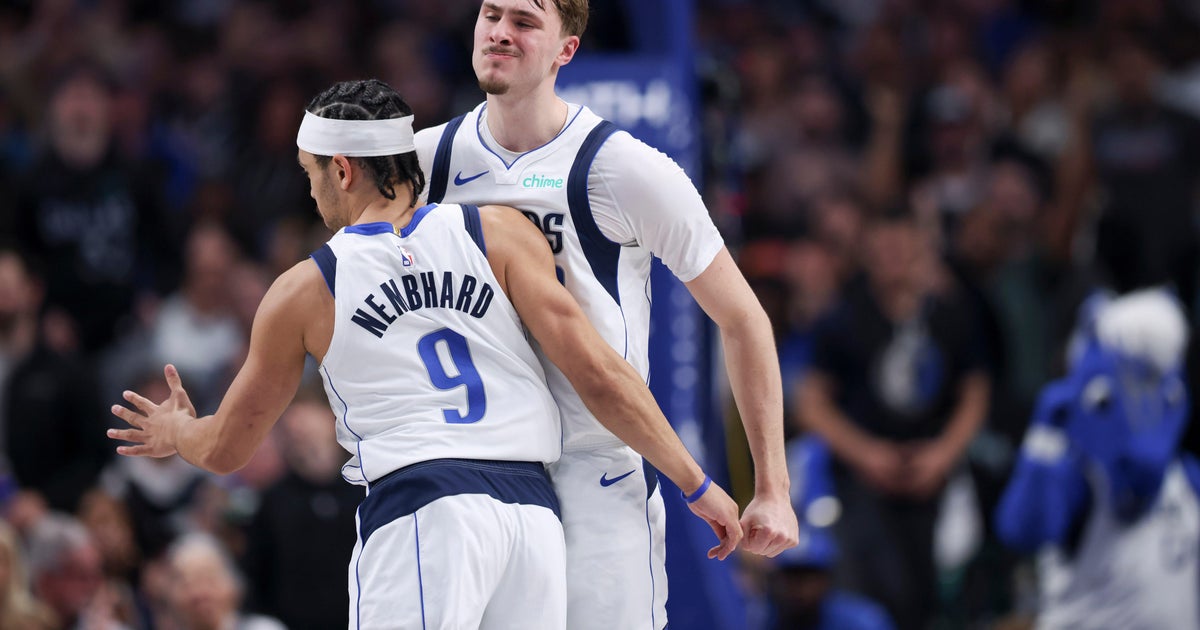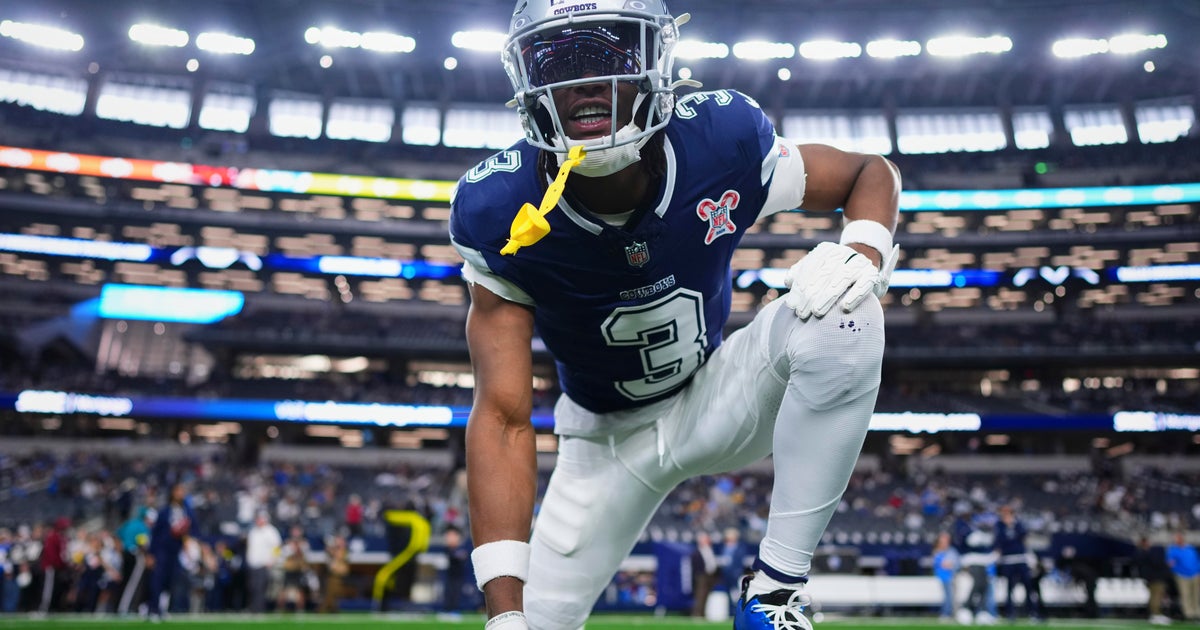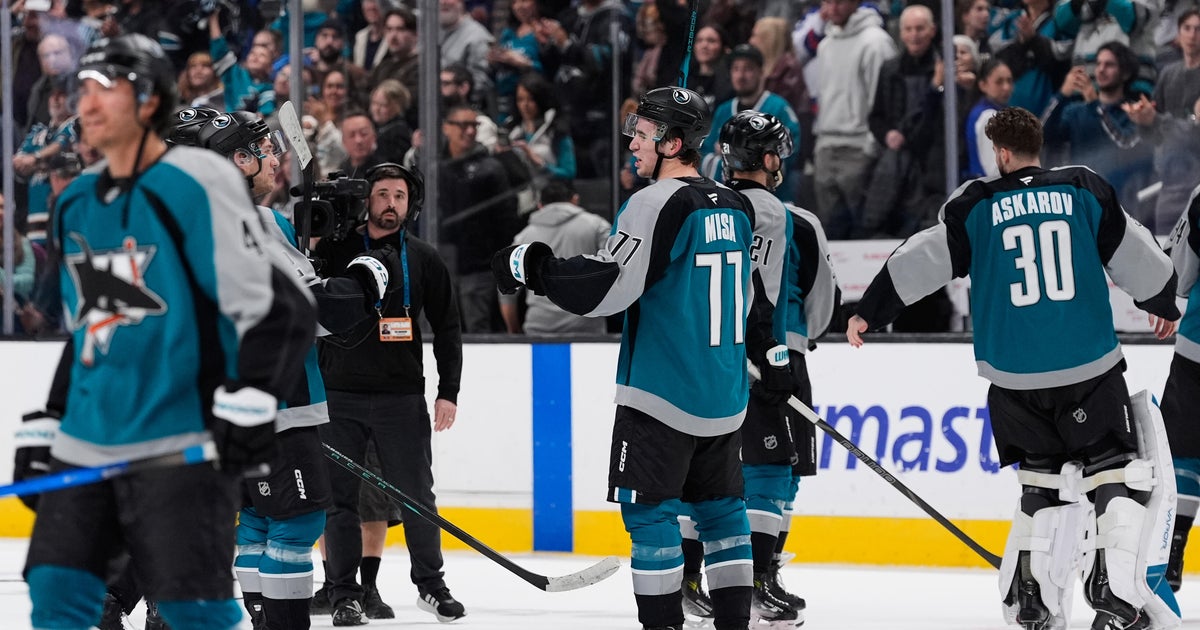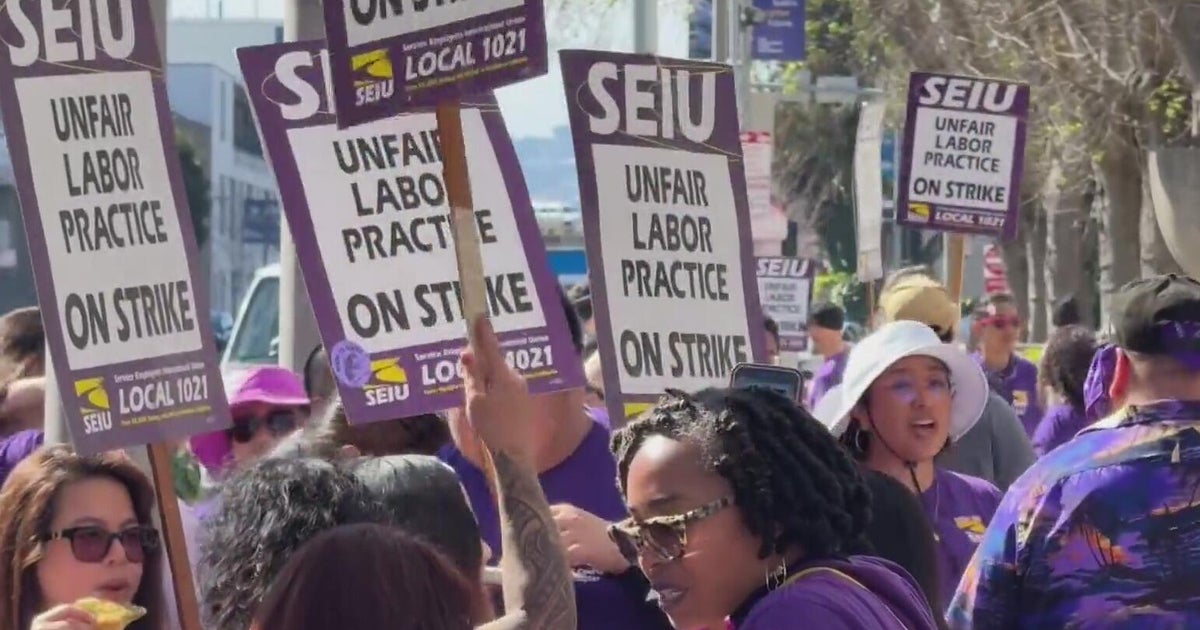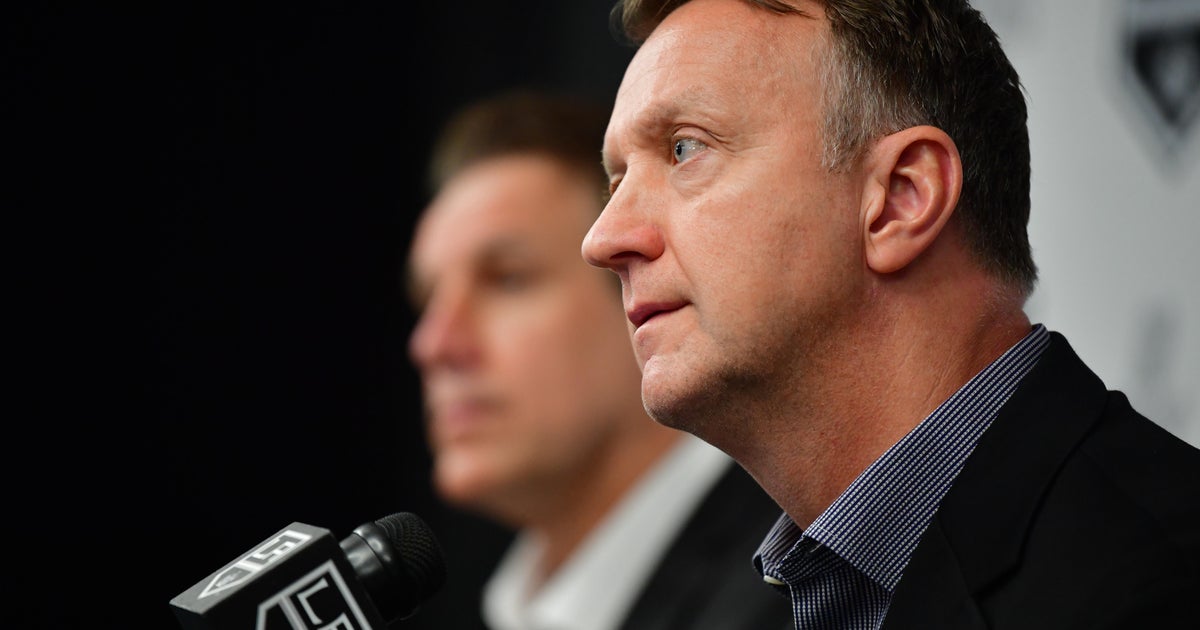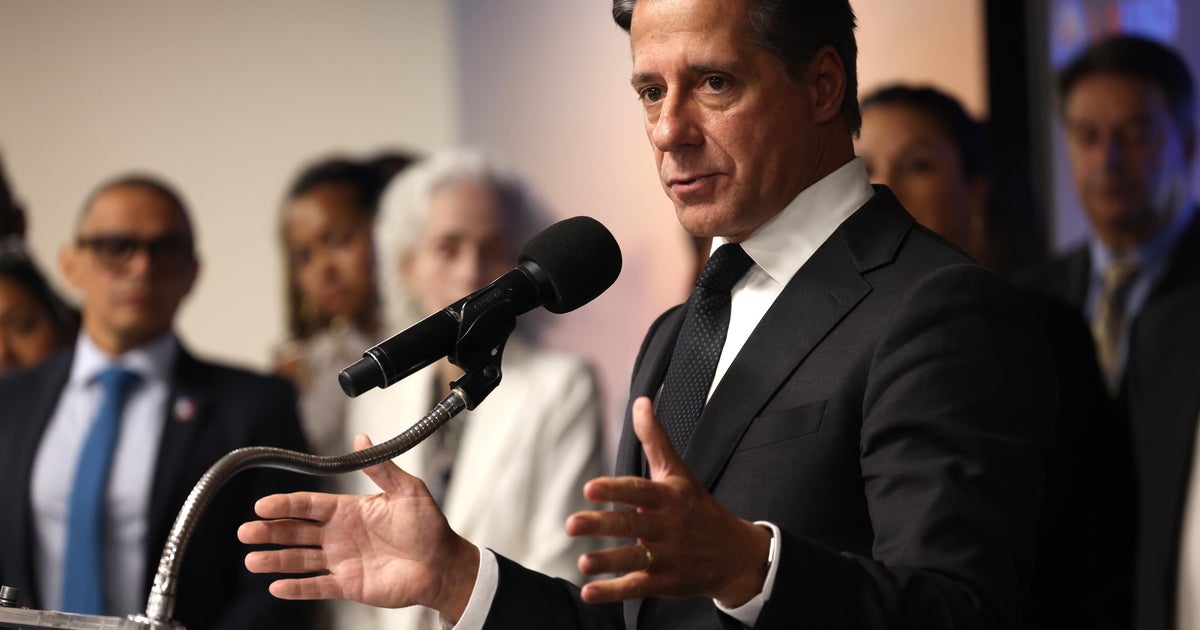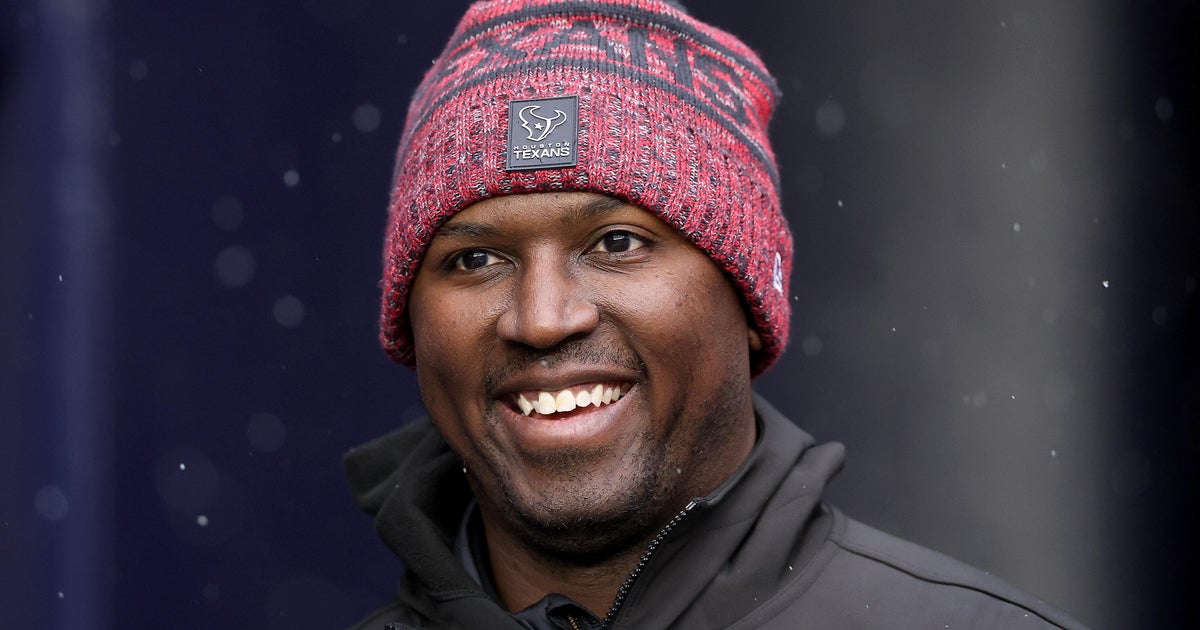NFL, Players' Union Meet For Four Hours On Monday
After twice extending the deadline of the collective bargaining agreement, NFL Commissioner Roger Goodell and NFL Players Association head DeMaurice Smith met for four hours on Monday trying to work their way to a new labor agreement.
With both sides adhering to mediator George Cohen's admonition that they not discuss the talks publicly, it wasn't clear how much - if any - progress was made in the shorter-than-usual session. The only sure thing: The sides planned to meet again Tuesday.
The current collective bargaining agreement originally was set to expire last week, but two extensions have now pushed the cutoff to the end of Friday. After months of infrequent formal negotiations and plenty of acrimony, the sides have spent 12 days at the Federal Mediation Conciliation Service, but they still remain apart on key economic issues.
What will happen the rest of this week is still anyone's guess. If a deal isn't reached, the sides could agree to yet another extension and negotiate beyond Friday. Or talks could break off, leading to, possibly, a lockout by owners or antitrust lawsuits by players.
The NFL has not lost games to a work stoppage in nearly a quarter-century, and by agreeing to continue with mediation, the league and union made it clear neither was quite ready to make the drastic move of shutting down a sport that rakes in more than $9 billion a year in revenues and is more popular than ever. The past two Super Bowls rank No. 1 and No. 2 among most-watched TV programs in U.S. history.
The old CBA was agreed to in 2006, and owners exercised an opt-out clause in 2008, leading to the current stalemate.
Money, not surprisingly, is at the center of it all.
One person with knowledge of the negotiations told The Associated Press last week that the NFLPA has not agreed to any major economic concessions - and that the NFL has not agreed to the union's long-held demand that the league completely open its books and share all financial information.
The person spoke on condition of anonymity because Cohen insists that everyone involved stay mum about the substance of the talks.
The key issues have been:
-How to divide revenues, including what cut team owners should get up front to help cover costs such as stadium construction and improvement. Under the old deal, owners received about $1 billion off the top. They entered these negotiations seeking to add another $1 billion to it.
-A rookie wage scale, and where money saved by teams under that system would go.
-Benefits for retired players.
-The owners' push to expand the regular season from 16 games to 18 while reducing the preseason by two games.
For players to agree to a longer regular season, they would want substantial reductions in offseason workouts, minicamps and training camp. Should they get that, and if Smith can coax, say, five extra roster spots per team - resulting in 160 more jobs for players - perhaps the league and union could find common ground in that particular area.
Still, as Washington Redskins union representative Vonnie Holliday explained succinctly last week: "There's been some progress made. There's still a ways to go on major issues."
AP Pro Football Writer Barry Wilner in New York, and AP Sports Writer Joseph White in Washington, contributed to this report.
Copyright 2010 by STATS LLC and The Associated Press. STATS LLC and The Associated Press contributed to this article. Any commercial use or distribution without the express written consent of STATS LLC and The Associated Press is strictly prohibited.
